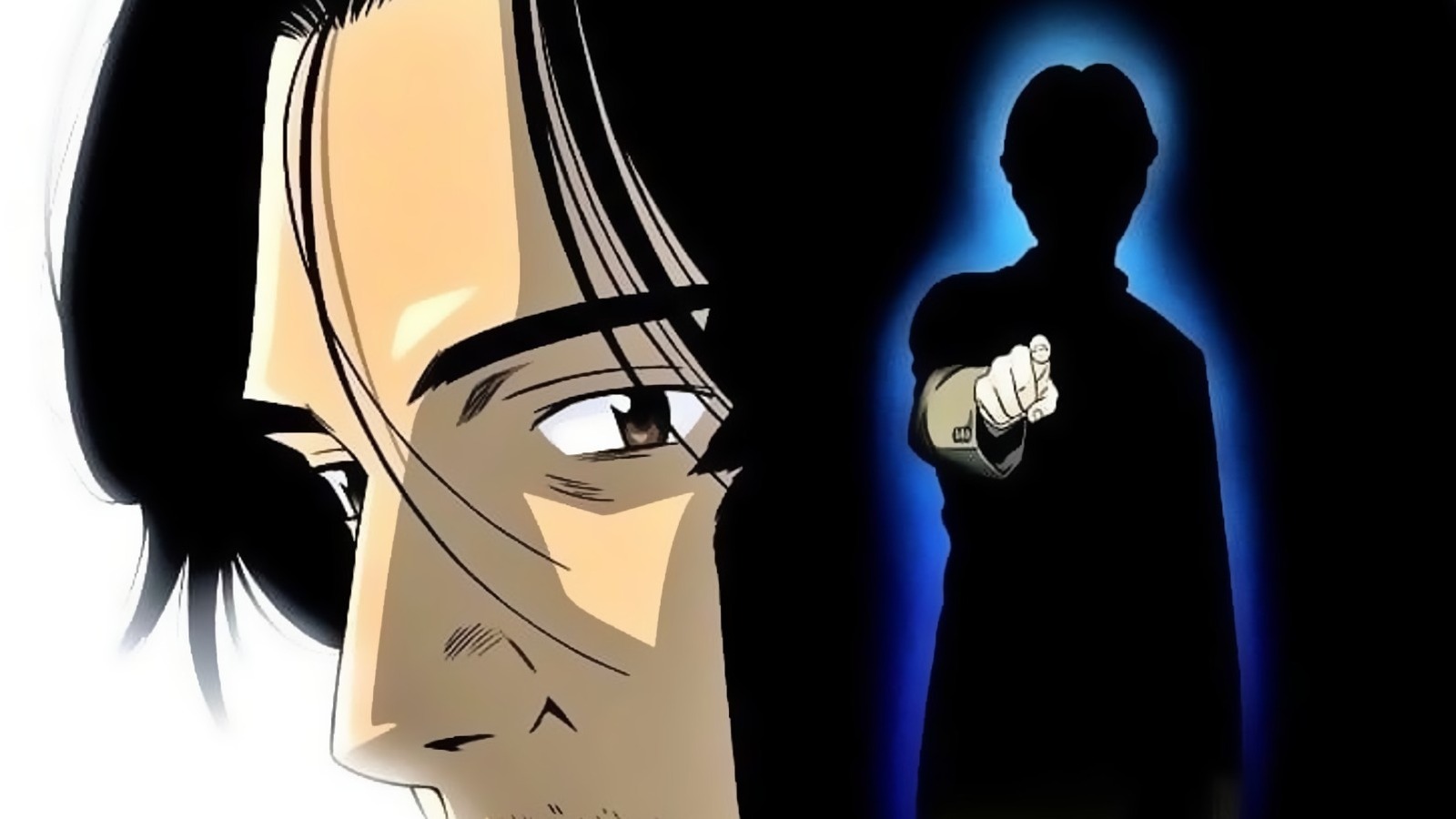The first thing to know about “Monster” is that it is a slow burn. Those accustomed to fast-paced, action-packed shonen anime may be discouraged by the methodical approach to the story here, but it all makes for a fascinating experience. Tatsuhiko Urahata’s scripts strike a good balance between the serialized and the episodic, stepping back from the main plot to flesh out the world while also carefully threading an intricate web of simultaneous stories that deepen the lore and the characters.
For the first third of the 74-episode show, Tenma roams around Germany while running from the cops, with little one-off stories of the good doctor hiding somewhere, until his better nature forces him to reveal himself in order to aid someone in need. Then, we may spend a good 10-15 episodes with an entirely new cast of characters, before tying it all together to the story of the titular monster, Johan. This makes “Monster” a perfect show both for the binge-watching era of TV, but also a great show to experience slowly and in chunks, as this show required your undivided attention or you’ll miss out on the smaller details that make the plot so memorable and unique.
It is uncommon for anime to be set in real countries (other than Japan), but the way the team at Studio Madhouse faithfully recreates the minutiae of post-War Germany and Czechoslovakia, the streets, the food, the scenery, the people, is astonishing. “Monster” also grounds its story in a historical context, with references to the fall of the Berlin Wall, the end of communism in Czechoslovakia, neo-Nazi attacks on houses inhabited by Turks, and kindergartens with experiments on kids. All of this informs the story and make for a more impactful story rooted in the real world.
